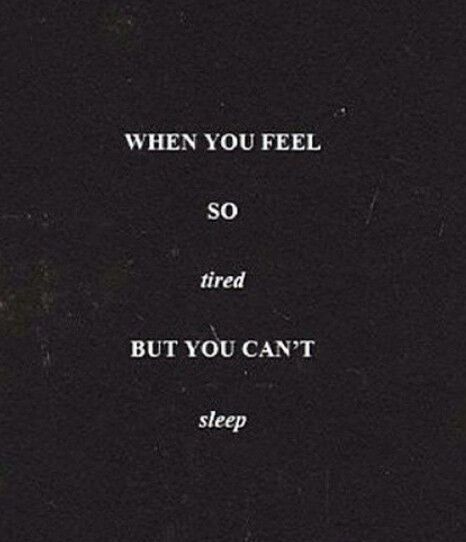

Others report that they feel tired throughout the day, but as soon as the head hits the pillow, the mind clicks on. Difficulty Falling Asleep with ADHDĪbout three-fourths of all adults with ADHD report inability to “shut off my mind so I can fall asleep at night.” Many describe themselves as “night owls” who get a burst of energy when the sun goes down. The four most common sleep disturbances associated with ADHD are: 1. Sufferers often call it “perverse sleep” - when they want to be asleep, they are awake when they want to be awake, they are asleep.

Yet adults with ADHD know that the connection between their condition and sleep problems is real. Most articles focus on sleep disturbance due to stimulant-class medications, rather than looking at ADHD as the cause. No scientific literature on sleep lists ADHD as a prominent cause of sleep disturbances. Sleep disturbances have been incorrectly attributed to the stimulant-class medications that are often the first to be used to treat ADHD. As research has expanded to include adults with ADHD, the causes and effects of sleeping disturbances have become clearer.įor now, sleeping problems tend either to be overlooked or to be viewed as coexisting problems with an unclear relationship to ADHD itself and to the mental fatigue so commonly reported by individuals with ADHD. In early attempts to define the syndrome, sleep disturbances were briefly considered a criterion for ADHD, but were dropped from the symptoms list because evidence of them was thought to be too nonspecific. It continues to impair life functioning 24 hours a day. Just as ADHD does not go away at adolescence, it does not go away at night either.

Consequently, the arbitrary age cutoff has prevented recognition of night owls and sleep disturbances in ADHD until recently, when studies of adults have become more common. Sleep disturbances associated with ADHD generally appear later in life, at around age 12, on average.
#Tired but dont want to sleep manual#
Sleep problems did not fit neatly into the American Psychiatric Association’s Diagnostic and Statistical Manual of Mental Disorders (DSM) requirement that all ADHD symptoms must be present by age 7. Sleep disturbances caused by ADHD have been overlooked for a number of reasons. But, as with most of our knowledge about ADHD in adults, we’re only beginning to understand the stronger link between ADHD and sleep, that creates difficulties: More often, ADHD’s mental and physical restlessness disturbs a person’s sleep patterns - and the ensuing exhaustion hurts overall health and treatment. Adults with ADHD rarely fall asleep easily, sleep soundly through the night, and then wake up feeling refreshed.


 0 kommentar(er)
0 kommentar(er)
